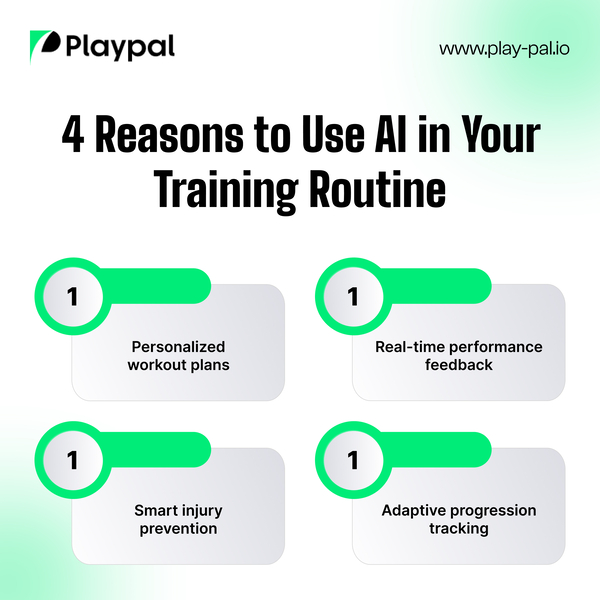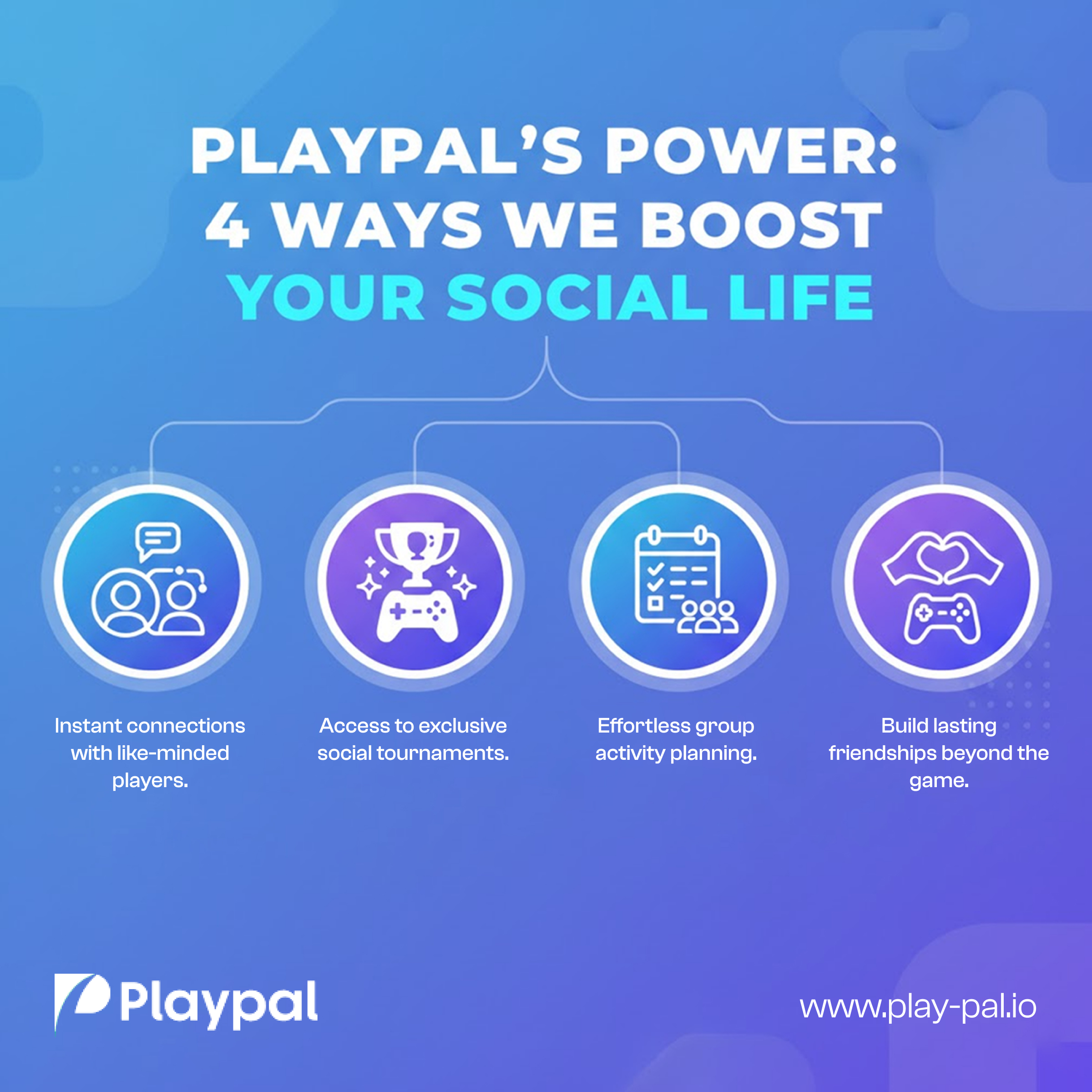In the world of sports and fitness, innovation is shaping how we train, measure progress, and optimize performance. Among these innovations, artificial intelligence (AI) stands out as a transformative force. What once required personal trainers, large teams, or advanced lab setups is now available through intelligent platforms and devices powered by AI.
Whether you're an amateur trying to stay consistent or a professional athlete working toward peak performance, integrating AI into your training routine is no longer a futuristic idea—it’s a practical, data-driven way to accelerate results and prevent setbacks.
In this blog, we explore four compelling reasons why AI can elevate your training, boost efficiency, and deliver smarter performance outcomes.
1. Personalized Workout Plans Tailored to You
Every body is different. Age, weight, fitness level, goals, injuries, and even genetics play a role in how a training routine should be structured. Traditional training programs often use one-size-fits-all templates, which can lead to inefficient progress or even injury.
This is where AI excels.
AI-powered training platforms analyze individual user data—such as movement patterns, heart rate, sleep cycles, injury history, and previous workout performance—to generate hyper-personalized training plans. These plans evolve as you do. The more data the system collects, the more it learns about what works best for your body.
How It Helps:
-
Goal Alignment: Whether your goal is fat loss, muscle gain, agility, or endurance, AI customizes every detail accordingly.
-
Adaptability: If you miss a session or underperform one day, the AI recalibrates the plan to stay on track without burnout.
-
Injury Prevention: Algorithms can identify overtraining trends or biomechanical inefficiencies that might lead to injury, and modify plans in real-time.
With AI, your plan grows with you. It doesn’t just guide your workout—it learns from your performance and adjusts for optimal progression.
2. Real-Time Feedback for Better Technique and Form
Most athletes agree that good form is non-negotiable. Incorrect technique not only hampers performance but also significantly increases the risk of injury. However, unless you have a personal trainer or coach watching every move, it’s easy to overlook small flaws.
AI-powered motion analysis changes that.
Using smartphone cameras, wearable devices, or computer vision, modern AI systems can evaluate your movements in real time. Whether you’re doing a squat, serving a tennis ball, or running a sprint, the system breaks down your mechanics, highlights inefficiencies, and offers corrective suggestions instantly.
How It Helps:
-
Immediate Corrections: Instead of waiting for a coach to review, AI can flag poor form instantly so you can fix it during the session.
-
Movement Efficiency: Tracking biomechanics helps you train smarter by reducing wasted energy and effort.
-
Confidence: You train knowing your posture and movement are aligned with best practices.
This real-time feedback mimics having a coach available 24/7—making it especially valuable for solo athletes or those training remotely.
3. Smarter Progress Tracking and Goal Optimization
One of the most challenging aspects of training is measuring progress accurately. Many athletes rely on subjective feelings—feeling tired, pumped, or sore—as indicators of performance. But those impressions can be misleading without data to back them up.
AI simplifies and sharpens progress tracking.
By pulling in data from wearables, workout logs, nutrition, sleep, and even mental readiness, AI systems create detailed dashboards that reflect your true performance over time. More importantly, they connect the dots that you might miss—like how sleep deprivation affected your sprint speed or how your nutrition impacted your recovery rate.
How It Helps:
-
Data Visualizations: See trends, not just isolated results. This allows for smarter goal setting and refined routines.
-
Predictive Analytics: AI can forecast your performance trajectory, highlight plateaus, and even suggest when to deload or increase intensity.
-
Behavior Analysis: Track habits that support or derail your fitness journey—from consistency to hydration to rest quality.
Instead of training blindly, AI helps you make decisions based on evidence, not assumptions.
4. Consistency, Motivation, and Accountability
Sticking to a training routine is hard. Motivation fades. Life gets busy. And without external accountability, it’s easy to skip sessions or lower your intensity. AI not only guides your workouts but also plays the role of a personal motivator and accountability partner.
Through behavior modeling, gamification, and smart nudges, AI keeps you engaged.
Platforms using AI often offer smart reminders, streak tracking, goal achievements, and personalized encouragement based on your progress. Some even adjust intensity based on your mood or perceived exertion to keep you in a sustainable rhythm.
How It Helps:
-
Routine Reinforcement: AI helps build consistent habits by automating reminders and daily plans.
-
Psychological Boost: Achievements, milestones, and intelligent feedback give you regular boosts of motivation.
-
Long-Term Retention: With consistent feedback loops and adaptive programming, AI helps reduce training drop-offs and burnout.
Consistency is the real key to results, and AI makes it easier by embedding structure, feedback, and positive reinforcement into every step of the journey.
Final Thoughts
Training with AI isn’t about replacing human coaches or intuition—it’s about enhancing them. It’s about adding a data-driven layer of intelligence to your fitness routine that helps you work smarter, not just harder. From personalized plans to real-time feedback, smart tracking, and ongoing motivation, AI empowers athletes of all levels to perform at their best.
In a world where time, recovery, and precision matter more than ever, artificial intelligence provides the edge athletes need to optimize every session, avoid preventable injuries, and stay consistent. Whether you’re training to compete, transform your body, or simply live a healthier life, AI-based tools give you the insights, structure, and support to get there faster—and more sustainably.
The future of fitness is already here—and it’s powered by intelligence that adapts to you.





Leave a reply